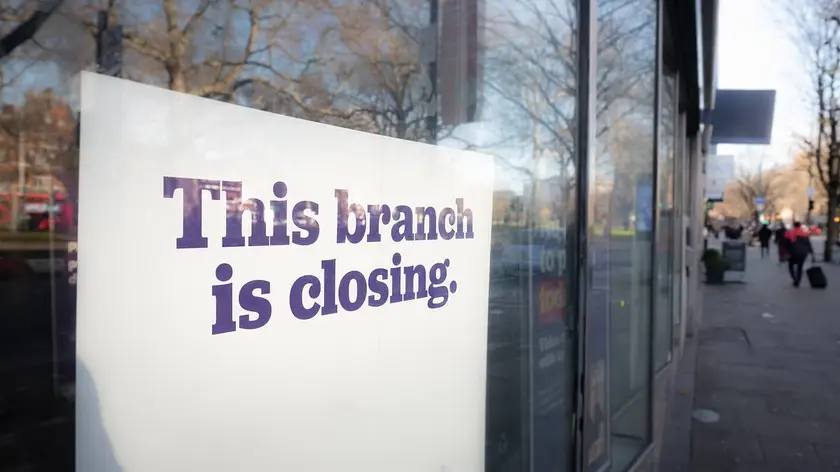T4K3.news
Tube network braces for shutdown
London Underground and Docklands Light Railway workers announce a week of strikes over pay and conditions, threatening disruption across the capital.
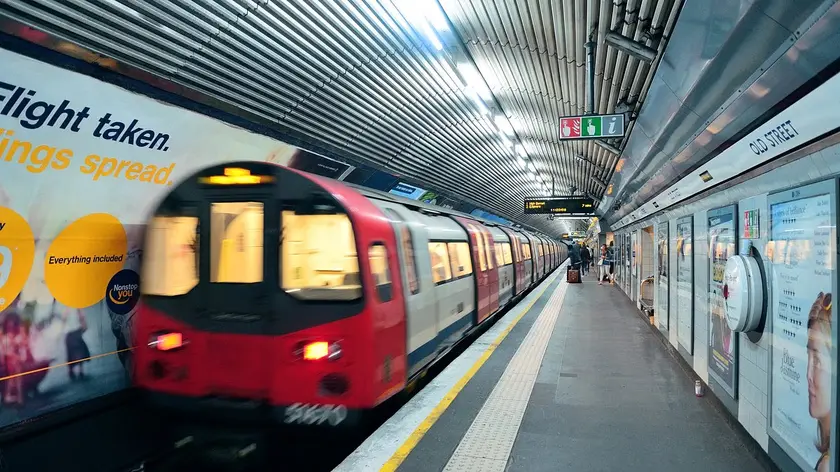
London Underground and Docklands Light Railway workers plan a seven-day strike over pay and conditions, risking widespread disruption.
Tube Network Faces Shutdown Amid Week-Long Pay Strike
London Underground and Docklands Light Railway workers have announced a seven-day series of strikes, starting Friday September 5 and ending Thursday September 11. The walkouts involve multiple roles across different days, with actions targeting fatigue management, extreme shift patterns, and a push to reduce the working week while honoring staff travel arrangements. The disruption is expected to affect major lines and could slow commutes across the capital each day of the action.
Transport for London says it has offered a 3.4% pay rise and opposes reducing the contractual 35-hour working week as impractical. Union leaders say management has shown a dismissive approach and.fail to address long-standing concerns about workers’ health and wellbeing. The strikes come with warnings that passenger journeys will be affected and that evening and peak-hour services may be hardest hit, complicating life for residents returning to work after the summer break.
Key Takeaways
"They are not after a King's ransom, but fatigue and extreme shift rotations are serious issues impacting on our members health and wellbeing."
Eddie Dempsey, RMT General Secretary, on the scale of the issue
"Management's dismissive approach has fuelled widespread anger and distrust among the workforce, who voted in overwhelming numbers to take strike action."
RMT spokesperson on management response
"We regularly meet with our trade unions to discuss concerns and have offered progress on commitments."
TfL spokesperson on engagement and pay offer
The dispute highlights a broader tension between cost pressures in city services and worker welfare. If talks fail, the strikes could deepen public frustration and strain businesses that rely on reliable transport. The union deploys a clear message about safety and fatigue, not just wages, pushing management to address scheduling and rostering in a way that protects staff health. For London, the episode tests how a major public service balances accountability with affordability and signals how future negotiations might unfold across sectors facing similar fatigue and scheduling challenges.
What happens next could set a tone for labor relations in essential services. If a negotiated settlement emerges, it may encourage more collaborative approaches to rostering and pay. If not, the city could see a longer risk of disruption, with potential political and economic repercussions as commuters seek alternatives and businesses adjust to the new timetable.
Highlights
- Trains must move with the city not wear people down
- Listen before the city feels the cost
- Fatigue is a safety issue not a bargaining chip
- Pay is a line in the sand not a numbers game
Strike action risks disruption and political pressure
The planned seven-day walkout could disrupt transport, affect businesses and commuters, and draw political attention to funding and safety policies for public services.
The city watches closely as talks unfold and the timetable for recovery remains uncertain.
Enjoyed this? Let your friends know!
Related News

Virgin Media O2 to turn off 3G network nationwide

Virgin Media O2 3G services set to shut down in August
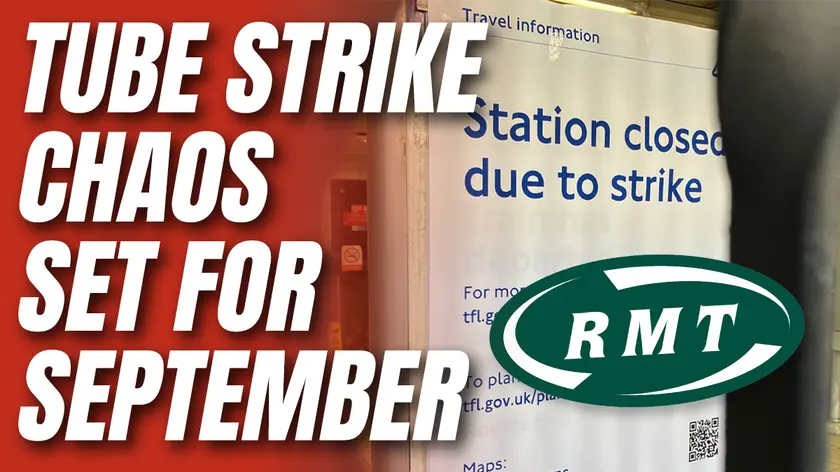
RMT rolling strike across Tube and DLR

Giant Tube Worms Found in Hidden Ocean Caves

Musk ordered Starlink shutdown in Ukraine during key military operation
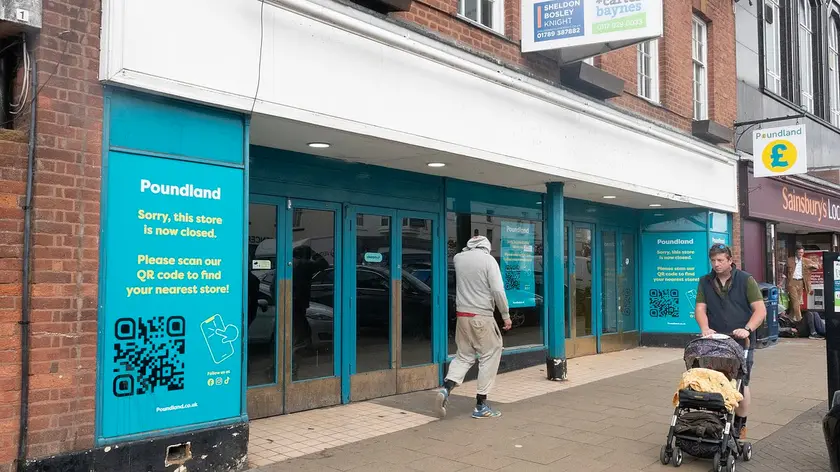
Poundland confirms 49 store closures
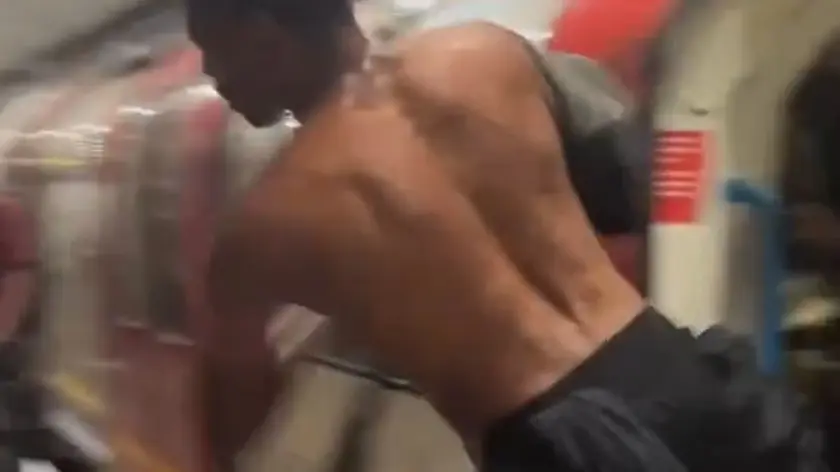
Man kicks out Tube window in Euston incident
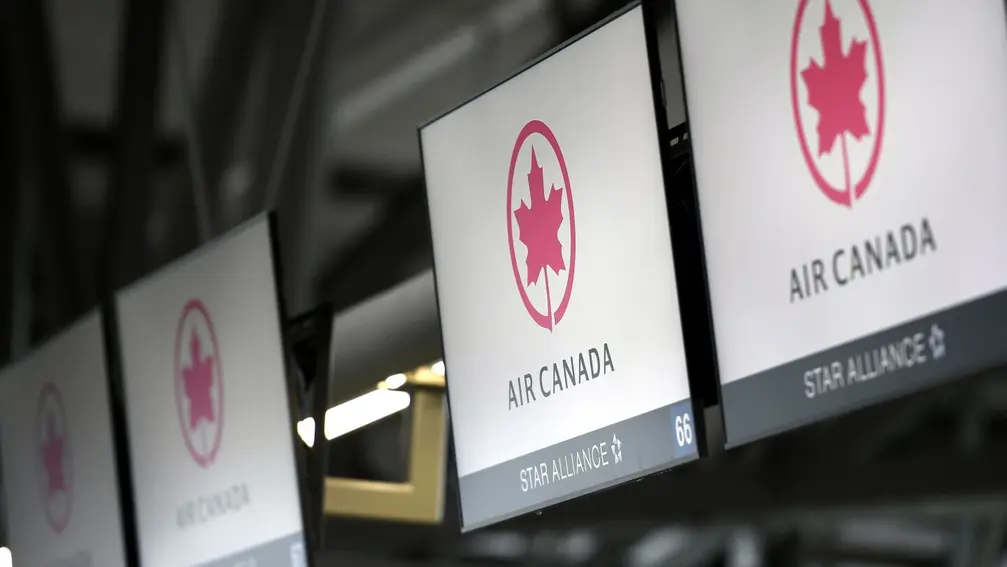
Air Canada strike threatens weekend flights
